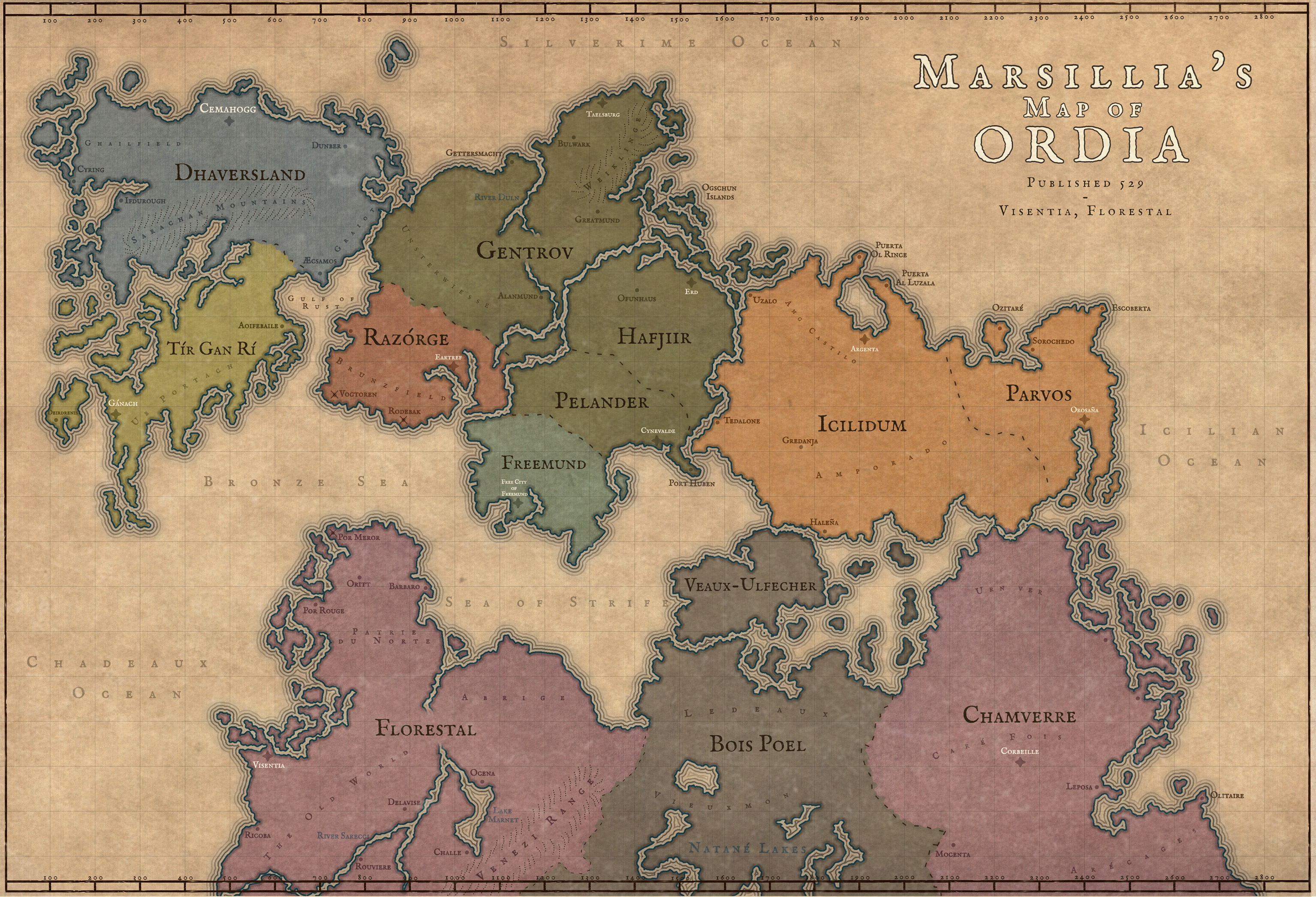The Wild Elves: Vraji
Humans are the dominant species of Ulvad. They own the most land and through fearmongering, greed, and ignorance, the non-human races are seen as monstrous and barbarous to most. The Vraji, or the Wild Elves, live in tribes within the forests of Ulvad and Domnstel. Incredibly dangerous and territorial, the Vraji tend to keep to themselves as much as possible and have little to no interaction with humans lest it is to fend them off. Some tribes, however, have a positive relationship with the Squats and half-human peoples that live in the rolling hills of Domnstel.
Nobles have been known to seek out their burial sites to use their bones to make Vrajiborsch, a soup with stock made from the bones and organs of elves. Many believe that consuming the flesh, ears, and organs of elves increases one's lifespan.
A Vraji known as Adwe has been trading with humans for nearly a century. Many seek out her magical insight and herbal remedies. Despite how kindly she is to anyone with goods to barter with, humans dare not tell anyone that they parley with a "witch" or a "she-elf". Many tribes don't know of her existence, as she tends to stay moving like the nomadic Kirali.
The Vraji believe they have been gifted sapience by the God of life, Osan. They hold this gift in such high regard that they vow to never ask favors of Great Osan, as he has already given enough to survive, live, and love. To ask for more would incur the ire of their people or the sister Goddess of Osan, Osmea. Osmea is the opposite of Osan, for she brings death and incites greed and duplicity among those who seek it. She embodies the Melusan, or the apocalypse in Saselan culture. She, however, is not evil and is seen as an important part of the Melusan cycle. She cleanses Vhos of corruption when she believes that the cup has flowed over and leaves rebuilding to her brother and his people. Sasel themselves have a unique ability that allows them to pass on the history of their lives to another as a gesture of love to a potential partner or child. While difficult to share these visions with anything other than a Poel, it is still possible.
At one point, the word Vraji encompassed all creatures of fae that inhabited Ulvad. After the constant destruction of their homes and people, most either died or fled to their home between the weave. The word Vraji only refers to the ruthless fae that survived: the Poel'Sasel, wild elves.
Naming Traditions
Unisex names
Esorne, K'dan, Datim, Adwe, Jota, Vonita
Culture
Major language groups and dialects
The Vraji speak a dialect of Poel.
Culture and cultural heritage
The Storm led to the Vraji beginning to work with one another. Once, tribes fought over land and resources. Now, most work together to survive the common threat: humans.
Art & Architecture
Many Vraji take up whittling and music, creating daunting sounds with their flutes and string instruments in the woods.
Coming of Age Rites
Many Vraji choose their own name at the age of 100.
Funerary and Memorial customs
Vraji bury their dead in mounds. Some even partake in embalming and mummification. They believe the body is to be buried for nature to reclaim it and that the organs are to be preserved in urns and jars so that they be remembered for having a brave heart, good lungs, etc.
Ideals
Beauty Ideals
The Vraji value strength and wisdom more than their appearance. Despite this, many men and women tend to keep cleanly-shaved faces and ears.
Relationship Ideals
Many Vraji are polyamorous, but it varies by tribe.
Remove these ads. Join the Worldbuilders Guild









Comments